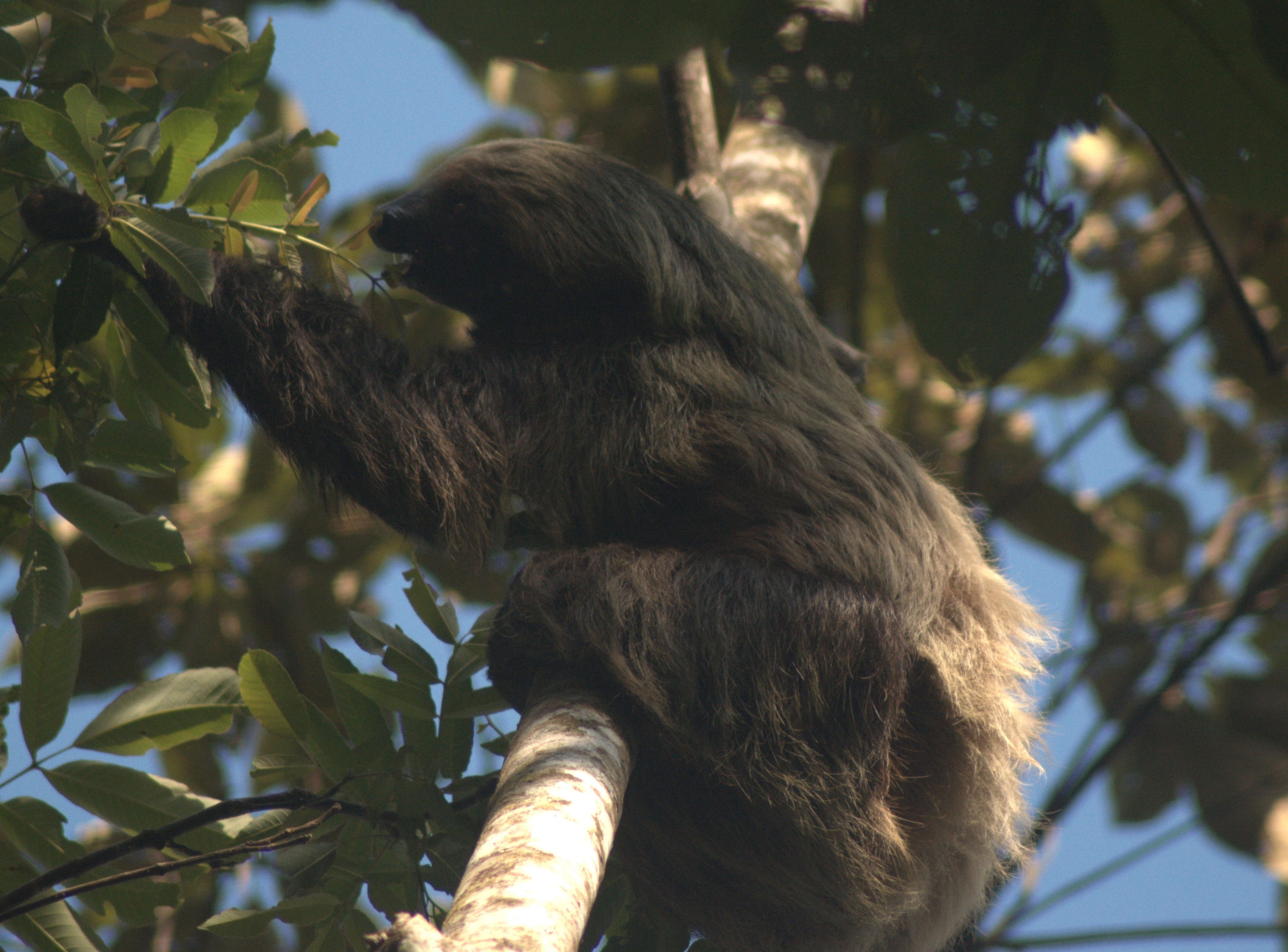
All of the hard work and hours of writing grant finally payed off a few weeks ago, when we received word from the Sacramento Zoo Conservation Committee https://www.saczoo.org/Conservation
that International Veterinary Care, Inc was granted a $2,000 grant to help support Merazonia Wildlife Rescue and Rehabilitation Center http://www.merazonia.org/en/ Ecuador!!!!
Our project is titled: Monitoring the Successful Release of Captive Animals in the Amazon Basin of Ecuador.
We are very honored to have been giving this tremendous opportunity to work with the Sacramento Zoo Conservation Fund. "The Sacramento Zoo is increasing its commitment to conservation by supporting exciting field conservation projects both locally and around the globe with the Quarters for Conservation program. Through the collection of quarters, the Zoo provides funding for wildlife conservation projects. You, our members and visitors, are part of this exciting contribution to wildlife conservation. At the Sacramento Zoo, having fun also means doing good. Visiting the Zoo, purchasing a membership, riding the Conservation Carousel and riding the train all help the Zoo support wildlife conservation projects around the globe. Programs include working with local communities to protect native species, aiding in medical care for injured animals, or monitoring species and their habitats."
Sloths are an integral part of the tropical rain forest ecosystems and their survival relies heavily on the health of the rainforest. It has been difficult to conserve the sloth species in South America since little is known about their biology and natural behavior. Sloths face threats from human encroaching on their habitat, causing accidents with cars and powerlines. This project will help the staff at Merazonia learn about their movements and travel patterns. In 2015 alone, Merazonia released 26 sloths into the jungle and have close to 60 sloth releases in the last few years. Placing collars on these released sloths will help to gather information about the animals’ daily behavior patterns, such as possible habitat preference and ranging patterns. Merazonia Wildlife Rescue and Rehabilitation Center will able to purchase vital tracking equipment such as tracking collars, antenna and receiver. The collaring and release of the sloths is quite different from other species as they live as solitary animals in the wild and thus do not need lengthy acclimation times like the primates. Many of these animals are not kept at Merazonia for an extended time period and most are released the same day once completing an health assessment. These animals will have the tracking collars placed on them at the time of release and transported to the release location.
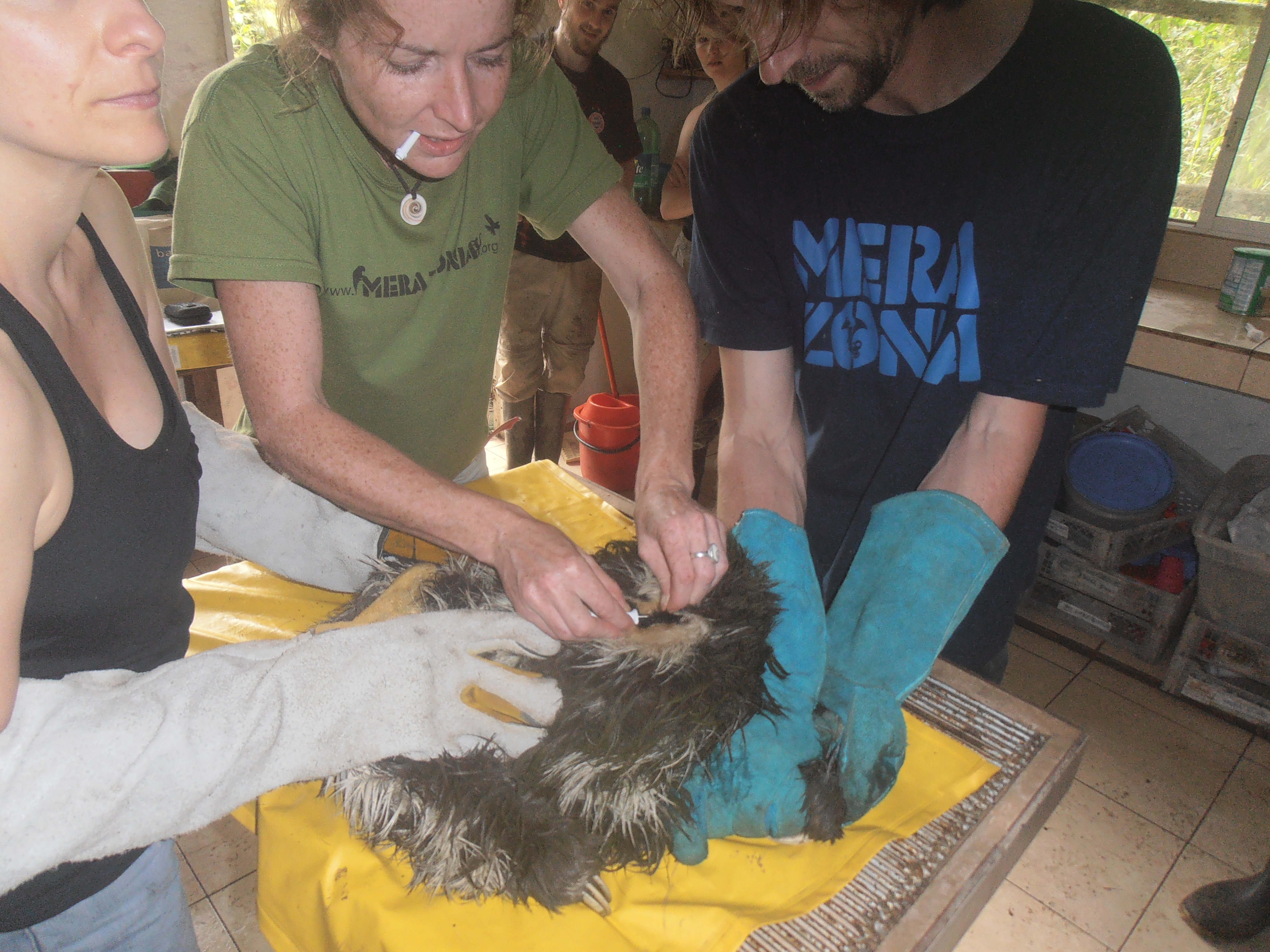
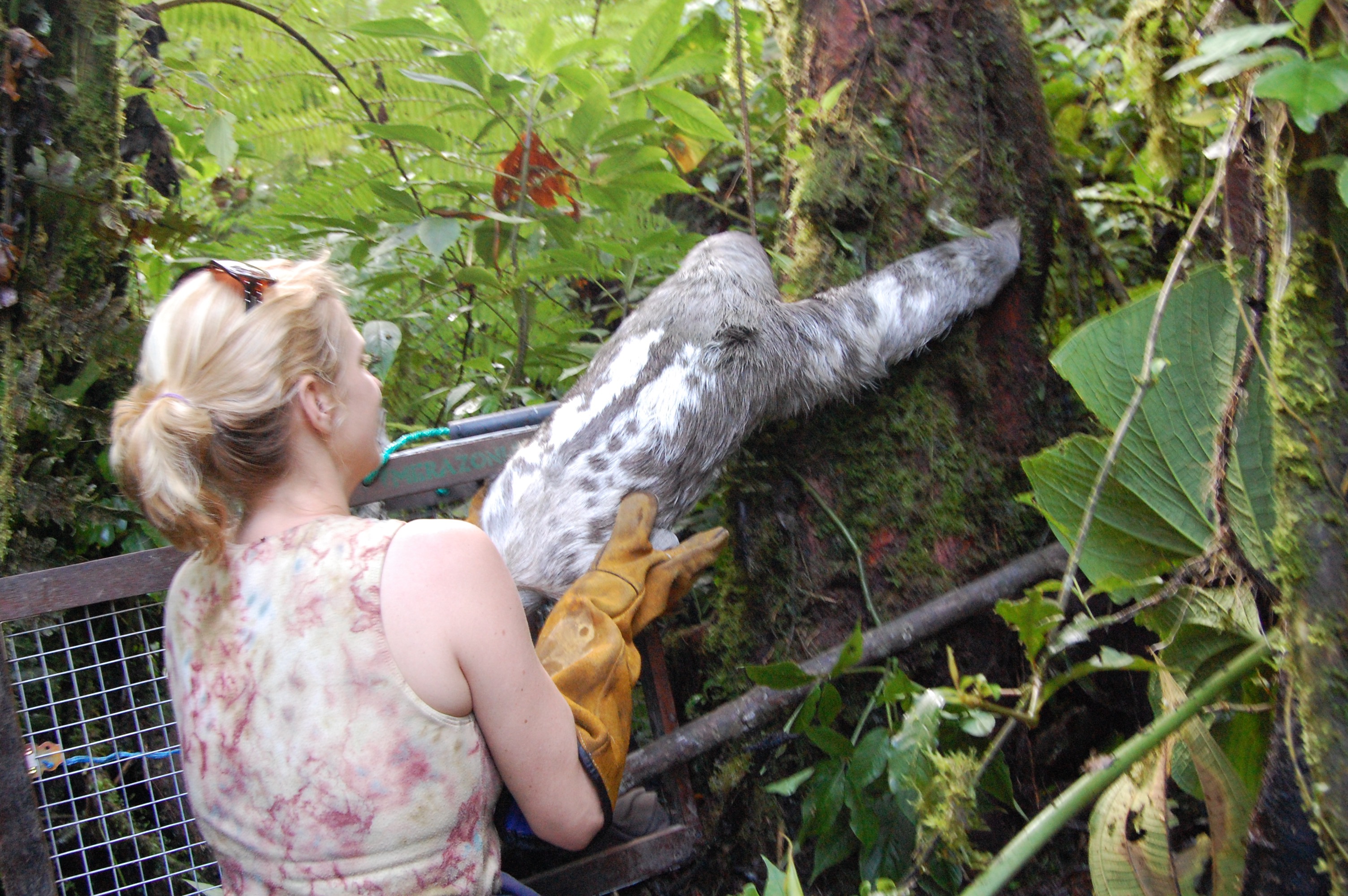
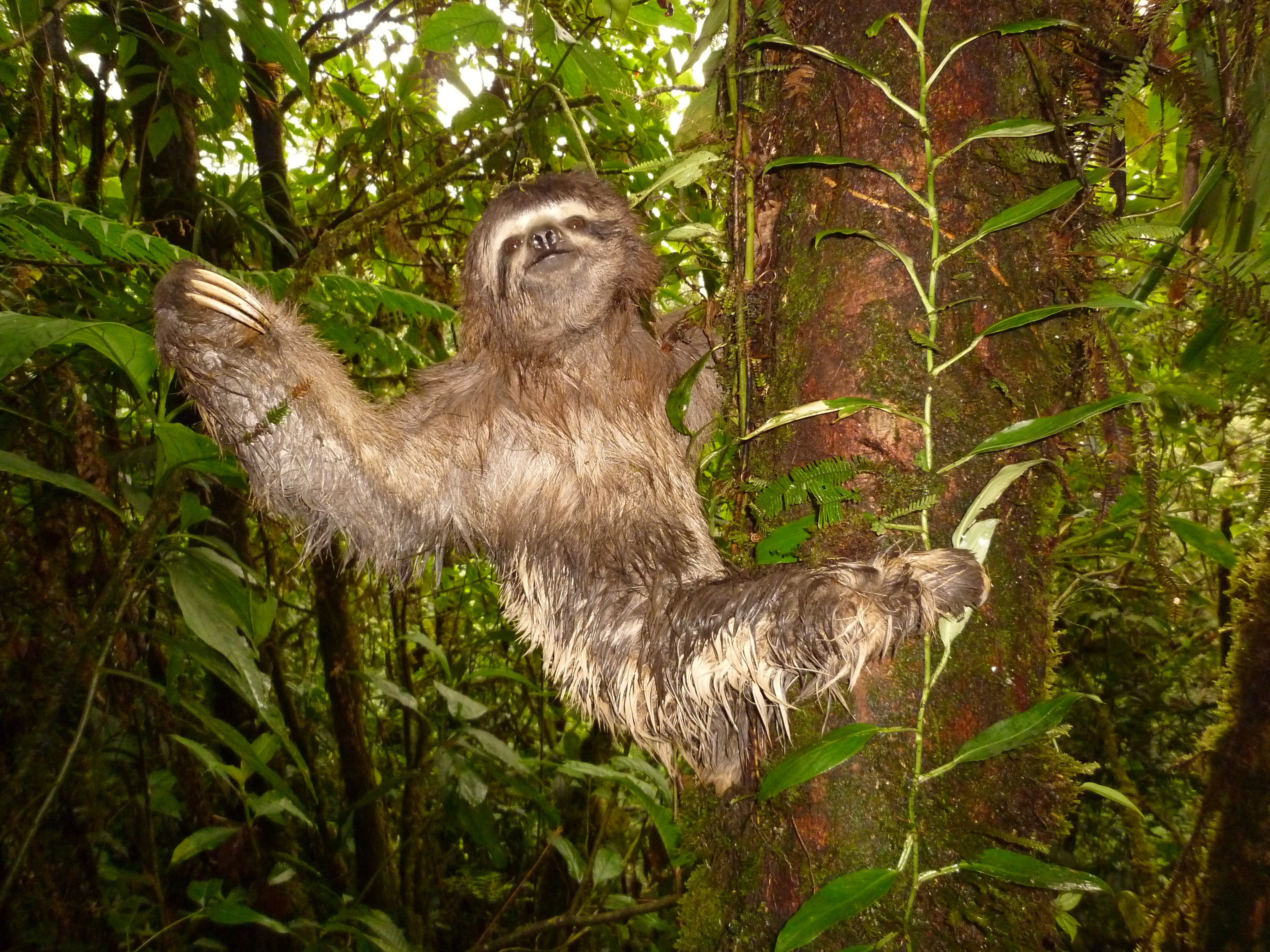
Rescue and Rehabilitation
In 2015 a total of 47 animals arrived at Merazonia. Of these, 31 were successfully released, 6 were transferred to a more appropriate center for release, and 7 are still residents at the center. Merazonia is currently hand-rearing a young baby sloth. Ali is baby sloth that brought in from the ministry in August 2016. While his odds of survival were long, there is no place that gives him a greater chance than Merazonia. December 5th, 2016 he is celebrating 16 weeks at Merazonia Refuge and reaching 3 x his arrival weight.
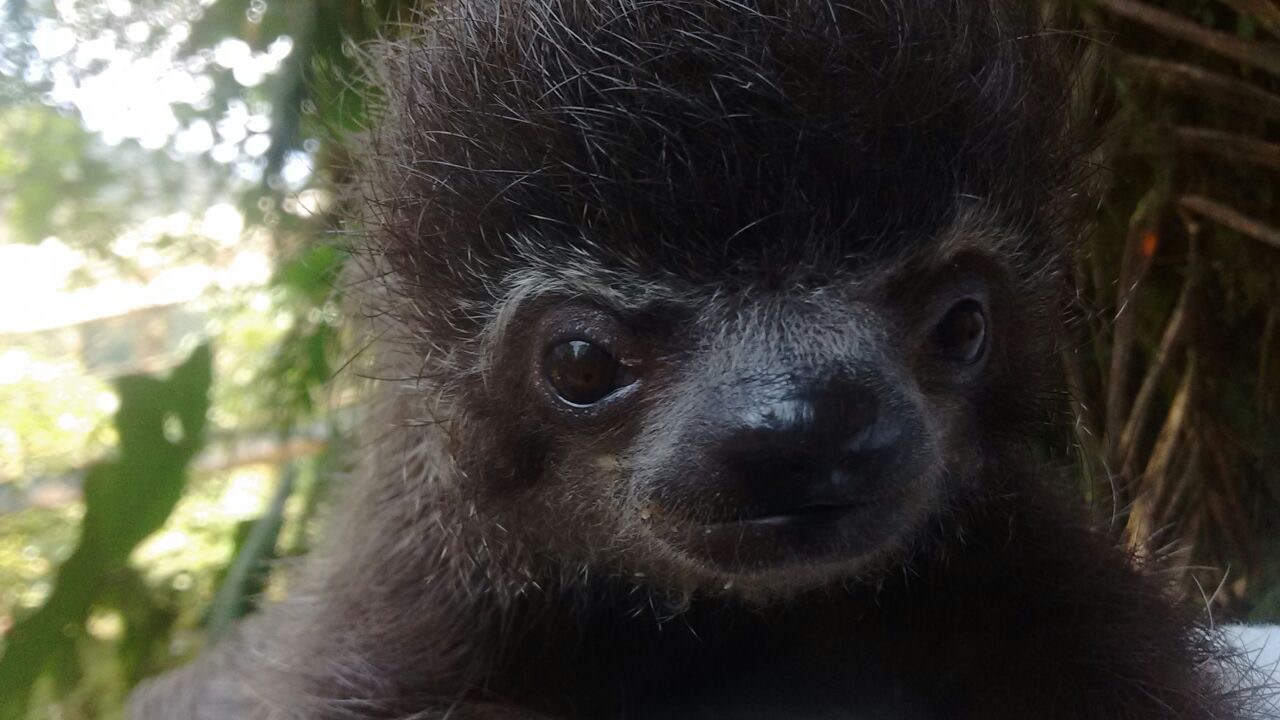
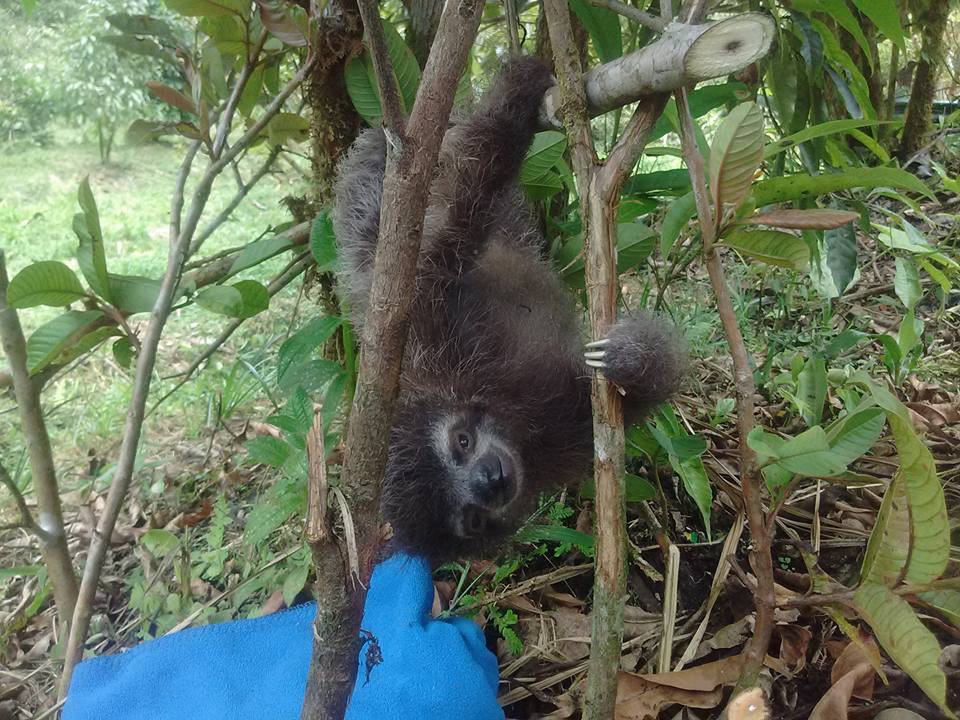
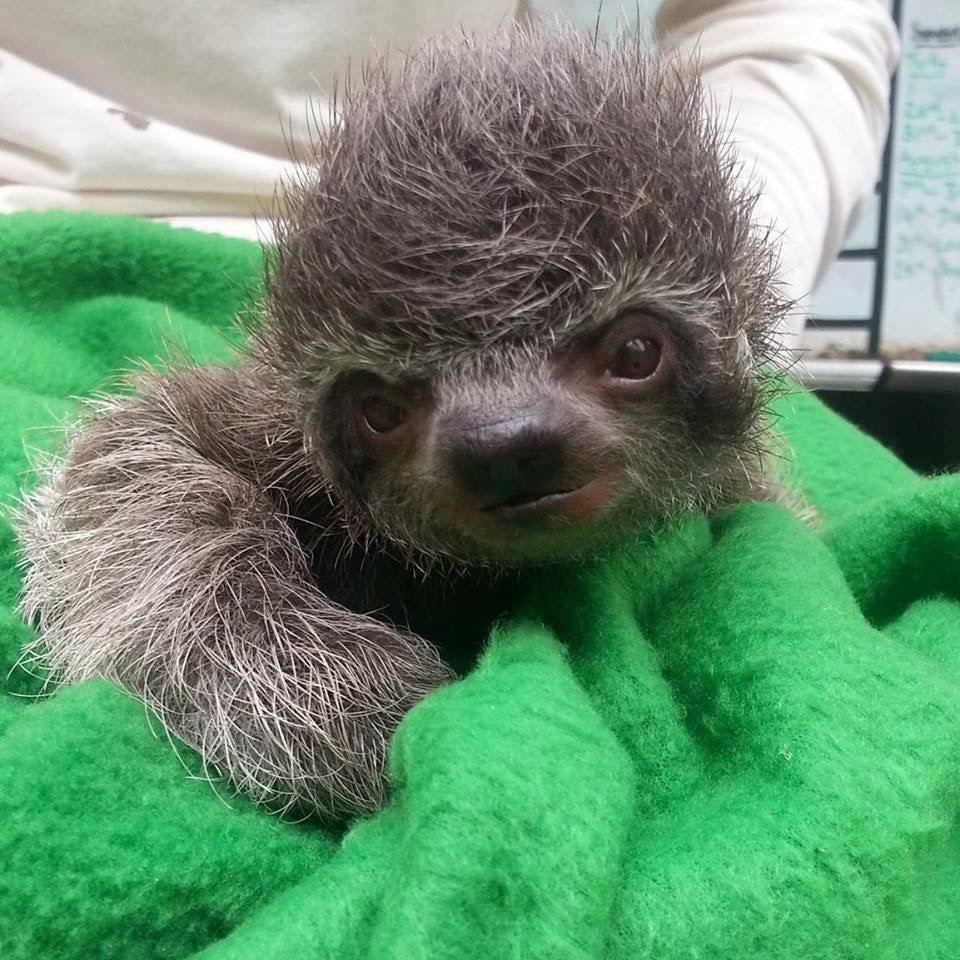
We are VERY exciting about this project with these great organization. If you would like to donate to help support this project, please donate via our PayPal link.
Too see more about Merazonia, go to their website http://www.merazonia.org/en/
Sacremento Zoo Conservation Fund, go to their website https://www.saczoo.org/Conservation